The Ebola outbreak of 2014 in Sierra Leone highlighted the absence of a mechanism between the Ministry of Health and Sanitation and its partner organisations for the sharing of datasets that were necessary to understanding and fighting the spread of an epidemic. These datasets were often constrained in their own silos and as a result of this, extreme inefficiencies were observed in the collection and analysis of critical health data, which had a negative impact on the frontline response to the epidemic.
Although the Ebola outbreak in West Africa is now under control, it is vital to learn important lessons on improving the monitoring and response capabilities of the health sector and creating an efficient strategy for the entire critical chain of data collection, analysis and sharing. This problem was identified by IBM Research Africa as a key intervention that would ensure a more robust and immediate response to any future disease outbreaks in the region.

The Epidemic Preparedness in Communities (EPiC) platform was built by IBM Research Africa to support heath sector stakeholders with data-driven tools for aiding evidence-based decision making during the post-Ebola recovery efforts. By providing strong analytics and visualisation tools from a single, intuitive dashboard, the aim of EPiC was to help the Ministry of Health, along with the other stakeholders and partners, to implement a data-driven process of tracking and preventing the spread of infectious disease in their communities.
The platform aimed to help health administrators to quickly identify the health facilities and regions which require urgent assistance, using both formal health management records and community feedback.
iDT Labs was contracted by IBM Research Africa to implement a one month proof of concept exercise at the offices of the DHMT Port Loko and Open Government Initiative (OGI), and to conduct the following activities:
Map out the technical capacity for all organizations and users in the stakeholder group, including infrastructure (e.g., hardware and connectivity), systems (e.g. current Health Information Systems in place) and human resource capacity (technical abilities of potential users).
-
Provide training for the initial users of EPiC during the proof of concept phase
-
Conduct user testing of the platform and provide a report on various tests including guided tasks, A/B testing and user interviews.
-
Liaise with the concerned stakeholders, including the Ministry of Health and NGO partners
-
Map out the current workflows for the use of data in disease surveillance in Sierra Leone to form baseline for assessment
-
Conduct technical preparation for the proof of concept phase by ensuring any hardware requirements are met and to firefight any technical issues that arise during the pilot



